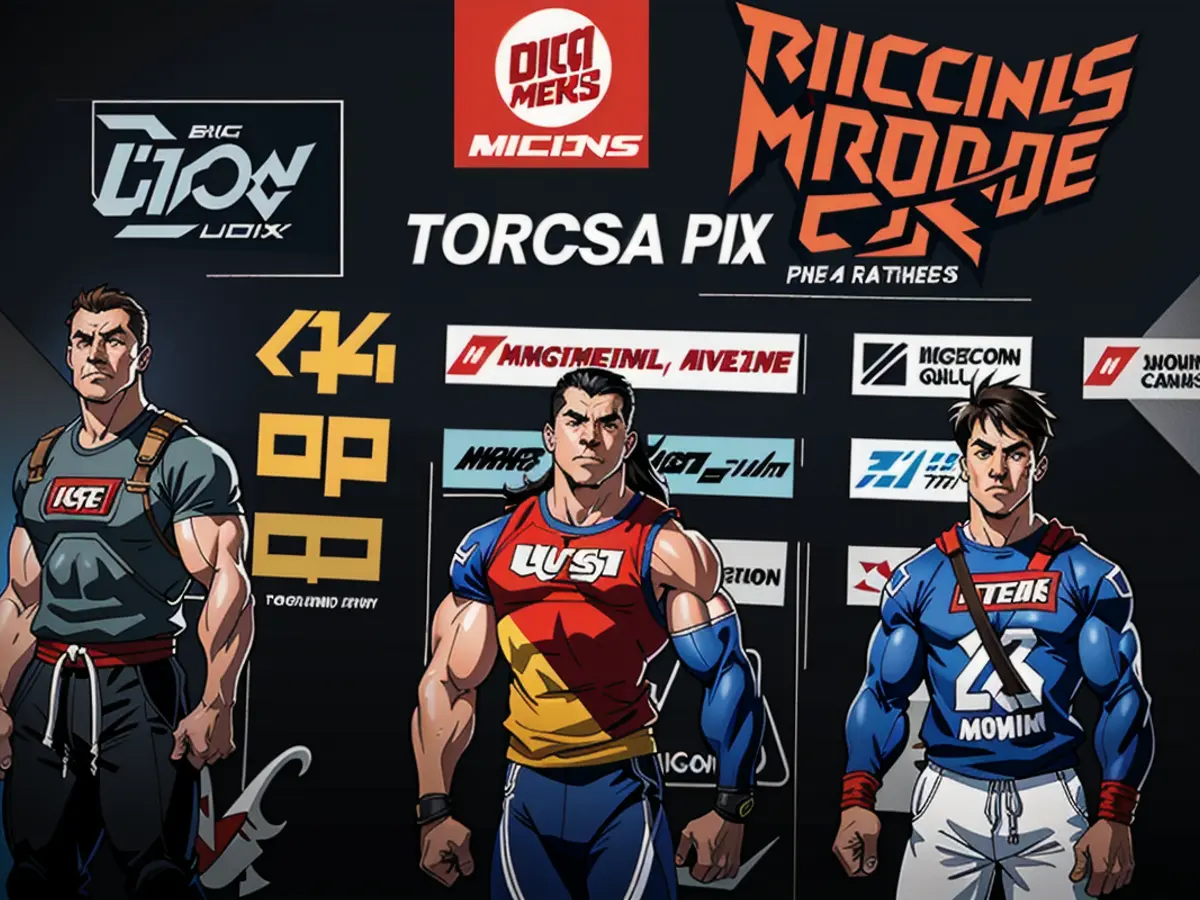World Cup Men's Freeski Halfpipe: United States Maintains Its Dominance Globally
Wearing the gold badge indicating his current world number 1 ranking, U.S. halfpipe freeskier Alex Ferreira notched his 10th World Cup victory on Saturday at the Copper Mountain U.S. Grand Prix.
This was Ferreira's third World Cup podium in as many events following his second-place finishes at Cardrona and Secret Garden.
His second-run score of 94.75 was the highest awarded by judges in both men's and women's qualifications or finals. In this run, the 30-year-old performed switch right double 1080 Japan, left 1620 safety, right 1080 lead tail, switch left 1080 tail, and right 1620 blunt.
The right 1620 blunt with the capped tail grab marked the first time this trick was landed in a competition.
Ferreira stands the best chance of achieving another first: the 1800. He has attempted it in competition, yet hasn't managed to land it yet.
Leading comfortably on his third and final run, Ferreira admitted that he could have increased the 16 on his final hit to an 18 but lost speed after landing his second hit and decided to maintain his position.
Though he admits he's not as driven by the prospect of performing an NBD (never-before-done trick) as he is by attaining a podium or winning a contest, he acknowledged that it's "something in the back of the head."
"It's exciting if you're the first person to achieve something in the world, and I would definitely like to do that," Ferreira said. When asked if we would witness this in competition during Milano-Cortina 2026, the Aspen native responded, "It'll certainly be part of [my run], so I assume it'll be part of others' as well, without a doubt."
Three podium finishes in the 2024-25 season and the Milano-Cortina 2026 qualification window officially opened, Ferreira is placing himself in an excellent position to secure a spot on the U.S. Olympic team. For the first time in his career, the two-time Olympic medalist is starting to consider those points in every competition he enters.
"Before, I didn't have the mental capacity due to the immense pressure, nerves, and just life coming at you, so much stimuli," Ferreira said. "But now, I'm able to dig deep within myself, think logically, and understand that if I get these results, I'll secure these points and make it to the Olympics."
Nick Goepper, coming off a win at Secret Garden on December 7 and a third-place finish at Copper, is also aiming for a spot on the U.S. Olympic halfpipe team in Milano-Cortina 2026. Unlike his past Olympic appearances in slopestyle and big air, he's aiming to climb the U.S. halfpipe team.
Goepper took a break from competitive freeskiing in January 2023 but returned by November of that same year with intentions of competing for the U.S. Olympic halfpipe team in the most stacked discipline.
At Secret Garden, the U.S. team swept the podium, with Goepper claiming first place and Ferreira trailing in second. At the Copper Grand Prix, seven out of the 10 men's finalists were Americans.
"I love this; I feel like a kid again," Goepper said after his second podium finish in as many World Cups on Saturday. "That's why I do it – because I love it."
Why is the men's halfpipe team in the U.S. so dominant? Of the seven Americans in Saturday's final, three hail from Colorado, a state that houses two 22-foot halfpipes (Aspen and Copper Mountain).
The only woman in the Copper freeski halfpipe final, Svea Irving, is from nearby Winter Park, while her brother, Birk, was one of the seven Americans in the men's final.
Superpipes in the U.S. have been on the decline due to their expensive maintenance overall, and few individuals have the skill and experience to construct and maintain them. There are currently only three superpipes in the U.S., with Mammoth, California, hosting several World Cups annually.
"Many families relocate [to Colorado] specifically for this purpose; there are hardly any places in this country for individuals to progress to such levels that allow them to practice," said Copper Mountain president and general manager Dustin Lyman. "And coaches and experts will tell you that experience and time on the snow is crucial to achieving this level."
About his own halfpipe dominance—he is now the first man in World Cup history with 10 halfpipe wins—Ferreira joked, "I better be the best; I've got two in my hometown, and there aren't that many around the world."
Taking a more serious tone, Ferreira emphasized the importance of investing in more programs and facilities to attract more children to the sport and encourage its growth.
"Our sport needs to keep expanding and we need to bring more kids to it; we need more facilities like Woodward at Copper and other programs that successfully nurture younger talent in Colorado," Ferreira said.
Nick Goepper, who previously retired from competing, announced his return to the U.S. halfpipe team with a third-place finish at the Copper Grand Prix. This was after his win at Secret Garden and his second podium finish in as many World Cups.
Despite Nick Goepper's age not being mentioned in the text, Alex Ferreira is 30 years old and is aiming to land the 1800 trick, which he has attempted but not yet managed to land in competition.
The 2026 Olympics, specifically the Milano-Cortina event, is a significant target for many U.S. freeskiers, including both Nick Goepper and Alex Ferreira, who are aiming to secure a spot on the U.S. Olympic team.
Birk Irving, who is from nearby Winter Park, was one of the seven Americans in the men's final at the Copper Grand Prix. His sister, Svea, was the only woman in the Copper freeski halfpipe final.
The dominance of the U.S. men's halfpipe team can be partly attributed to the availability of superpipes in states like Colorado, which houses two 22-foot halfpipes at Aspen and Copper Mountain. This provides ample opportunity for skiers to practice and progress to high levels in the sport.








